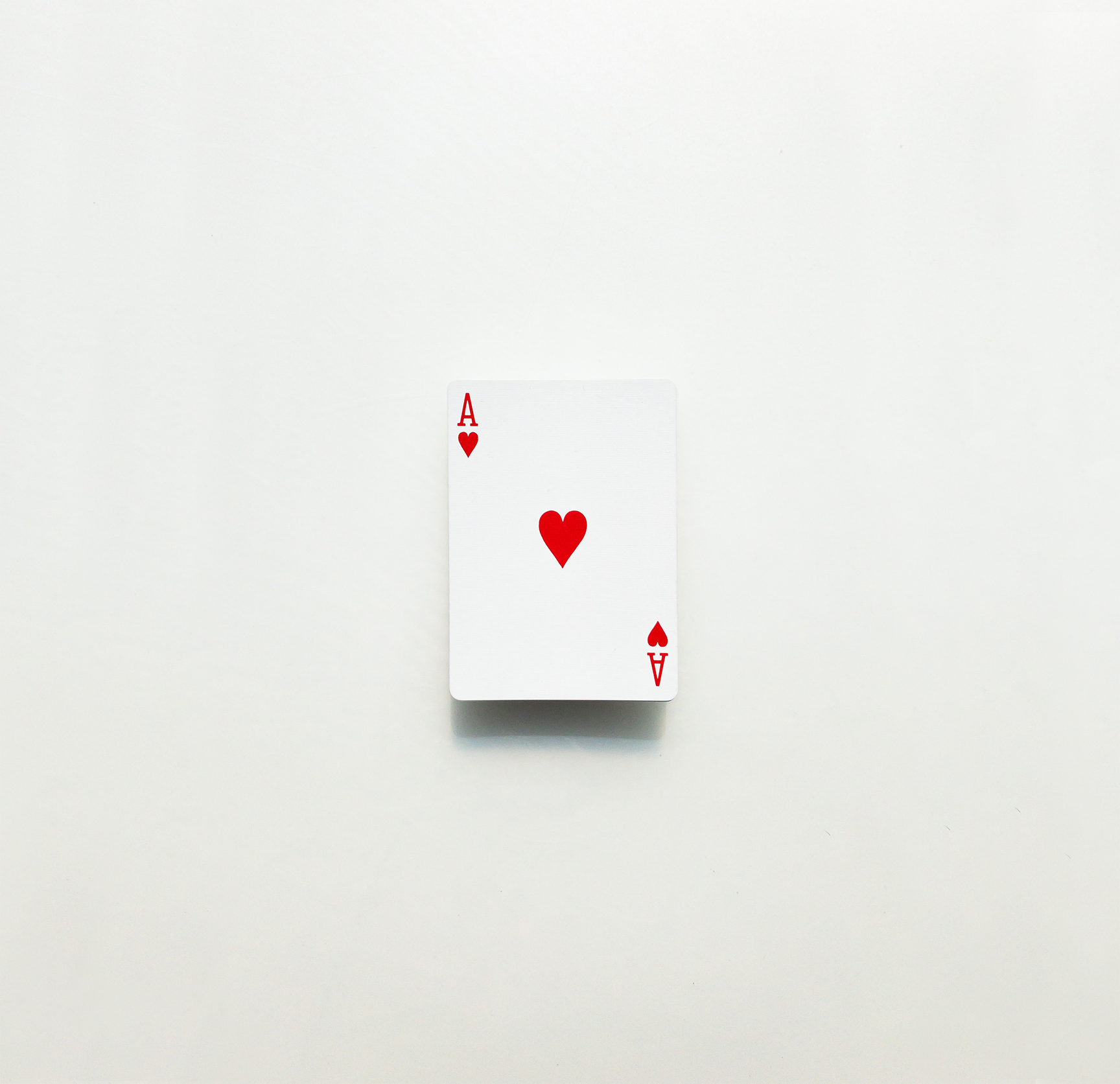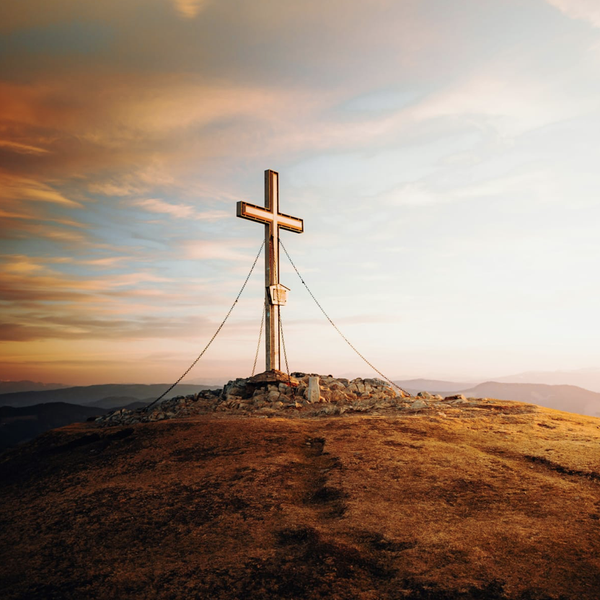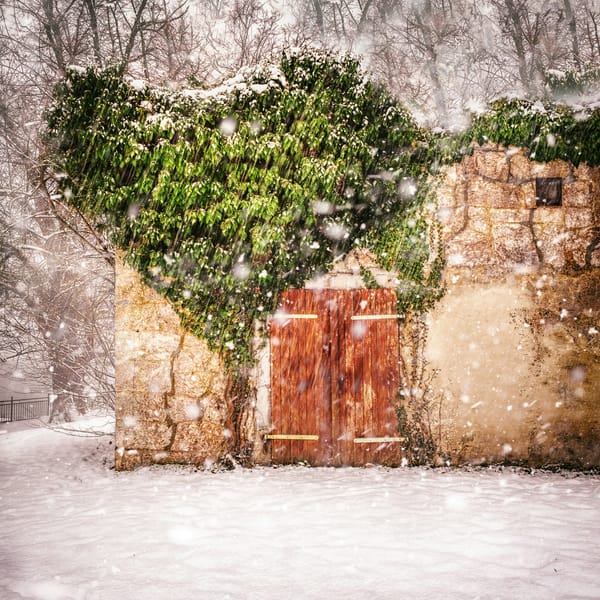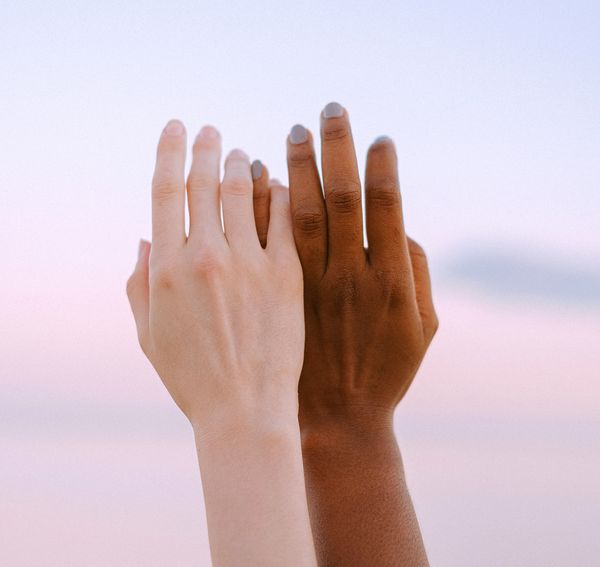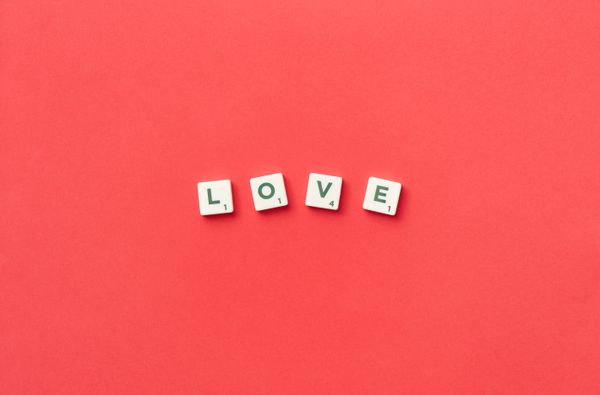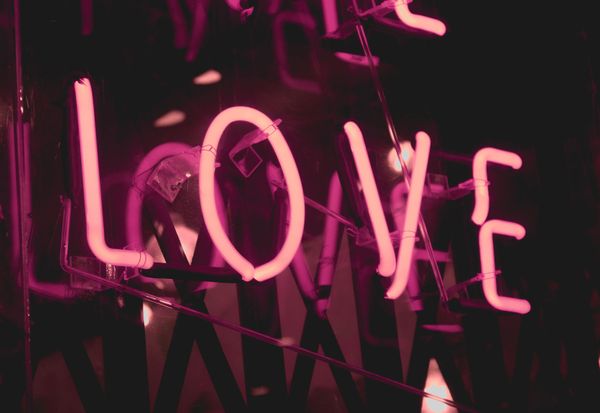We, as a nation, have ignored the sneaking suspicion in the pit of our stomach that something just isn’t quite right in the land of the free and the home of the brave. We’ve been so caught up in trying to satisfy that nagging and empty feeling inside with food, booze, sex, toys, power, and anything else we can commodify that we’ve allowed the billows of smoke wafting throughout our country to go unattended.
Sweethearts, we’re way beyond the do-you-smell something-burning phase. The whole of the United States of America is engulfed in the flames of systemic racism and codified injustice. Figuratively. And literally.
Black people have made known—via our literature, our film, our dance, our speeches, and by virtue of our presence in society—the existence of and trauma that racism has indicted upon us since before our ancestors were kidnapped and delivered here over 400 years ago.
Throughout this nation’s history there has always been a small contingent of white people that has worked on our behalf and with us to lessen the disparity in freedoms, rights, and resources meted out in scraps to Black people in contrast to bountiful helpings served up to our white counterparts. This coalition of Black and white citizens has combated racism with rebellions, speeches, demonstrations, proclamations, and legislation, and has brought about increased awareness, but incremental change.
There has also been a counter-response from those content with prejudicial actions and enslavement of Black people—no, Black Americans. This reply has consisted of more political machinations against us, more me-less you, more walls, more segregation, more party loyalty; thicker, broader, barbed wire lines of demarcation, and terrorization all in the name of maintaining the status quo. Their purity. Their ultimate rule and supremacy. Their white supremacy. No matter the cost. And this mindset, with its unspeakable cornucopia of advantages for those able to “pass,” has ensnared the conscience of so many white Americans that it is both as pervasive and imperceptible to white folks as water to fish that most deny its existence.
This, my friends, is white supremacy
These folks forget the possibility that the “other” just might have something as yet unknown, other than their servitude, that will prove to be valuable to the tribe. In our fast-paced, twenty-first-century world, they negate the humanity of Black folks and dispense judgment based on unfounded biases before the first handshake. Calloused indifference replaces welcome, denigration supplants support, and indignation shoots up like Old Faithful when their skewed sense of fairness is brought to their attention.
Racism says I am more than you while ignoring its own gaping maw of insecurity and need. Racism craves the other’s innate joy, character, and fortitude which it can not begin to understand and only sees as popularity. Within this racist gaze, the culture and contributions of other cultures exist only as a comestible to be devoured, a consumable for the elevation of self.
Each subjugation is too few and the next is never enough in a racist schema. What’s mine is mine. And what’s yours . . . well, that’s mine, too. The racist mind will destroy with glee all it sees as a threat, a rival, or possible equal because the racist worldview lives to be served. It would have you believe that it singlehandedly created the boots and straps used to plunder others and then claim as its own self-made success and riches.
This, my friends, is white supremacy. And Black folks recognize its stench from fifty paces.
And here we are, a nation on the brink of societal collapse, our cities ringing with public outcry for justice and freedom from systemic racism against Black people so entrenched that it is the rule, not the exception.
So what do we do now that millions of us—Black, white, and every shade in between—are demanding equal treatment under the law? We’ve tried the same failed tactics and strategies again and again only to achieve the same tepid results. We’ve tried it all . . . except for the one mindset we should’ve tried from the beginning.
We play the only card we have left.
Love.
Somewhere along the way, we’ve lost sight of the power of love and its ability to transform lives. I’m not talking about the fabled stuff of milquetoast cherubs strumming golden harps. I’m talking about a proactive love with the power to transform lives.
Humans were made to live in community, but instead of embracing the beauty and strength of our singular humanity and learning from one another, we’ve traded our sense of community for ritual tribalism. Far too many people form opinions ranging from suspicion to loathing when they encounter anyone who looks, lives, or loves in a way that’s different from the customs of their tribe.
Love is the force that buoys humans from the moment we make our first appearance on the planet. In research experiments on attachment, scientists have discovered “love” gives monkeys a sense of security, happiness, and fulfillment. We can assume the same of humans.
What does love look like? It’s most easily recognized when it’s doing its thing and you know what to look for. Here are a few telltale signs of love in action.
Love is volitional, it’s a choice. Choosing to love takes place even when we’re not in the mood. Love plays the long game and values people, all people, not just the beautiful, powerful, and sexy, as worth the effort. Love steps up for those society deems less than or worthless. Love sticks around through the tough times, especially during those times when it’s easier to say, “Why bother?”
Love understands that each of us is the star in our own life’s story, but it recognizes there are costars, supporting actors, and background players in everyone’s film.
This love I’m referring to is friendly. It opens doors for the elderly and smiles at strangers for no reason other than because it can. It lets others cut ahead in line and makes it a point to harm no one.
Love doesn’t go off on the clerk behind the register because she’s moving a little slowly or is off her game. Love slides her some grace with no knowledge that the clerk’s mammogram came back positive for cancer.
Love doesn’t plot and plan someone’s demise because of their good fortune, and it doesn’t gloat over its own accomplishments; nor does it have a bloated sense of self that perpetually takes precedence over all else.
When you were growing up, remember that kid on the playground who always got angry and stormed off with his ball when things didn’t go their way. That kid was exhibiting nothing close to love at that time.
Love doesn’t have wild mood swings, it doesn’t keep you guessing what will be today’s emotional trigger. And holding grudges for years on end? Nope. That’s not love either. This is where forgiveness comes in. (More on that at another time.)
Love is the choice to put the needs of someone else ahead of its own.
Well, since we’re here . . . if you have a falling out with someone, forgiveness is one thing you do for yourself. It’s emotionally letting go of the disappointment that the thing desired never happened. Holding a grudge is like drinking poison and expecting the other person to die. Forgiving someone doesn’t mean you’ve erased what happened from your mind, but it does mean you’ve decided to let go of the situation’s emotional baggage.
Moving on.
Love treats people fairly. It doesn’t get off on taking advantage of people or abusing their trust. Swindling, cheating, pulling a fast one, or the bait and switch—love has nothing to do with that nonsense.
Love involves open and honest communication; but it does not use honesty to maim, injure, or kill. Love’s BFF is honesty.
When I was in elementary school, I hated Phys Ed. I was both the shortest in my class and awful at sports. Add to that the humiliation of often being picked last for whatever team sport we played and you can understand my aversion to P.E. I hated kickball the most. You know the game, it’s kinda like softball, except the pitcher rolls a large, red rubber ball for the player to kick instead of pitching a softball.
Our P.E. teacher, Miss Evans, who surely knew how much I loathed kickball, always cheered me on with this wild abandon that said I could do it, I could kick the ball as well as anyone else, despite my own self-doubt. That right there? Believing in and encouraging others? That, too, is love in action.
Love hangs in there. Love goes the extra mile, even in hard times like these. And on rare occasions protects, sometimes to the point of sacrificing itself for the sake of others.
All said, love is most recognizable in the context of relationships, where it acts in service to another for their benefit. Love is the choice to put the needs of someone else ahead of its own. And the opportunities to act motivated by love present themselves dozens of times a day.
It seems so radical. And it is. It’s radically simple and profound to think of someone else first nowadays. No, I’m not insinuating that everyone should lavish this much love on everyone they meet, but what I am saying is that throughout the course of a day we have many opportunities to show our fellow humans just one aspect of love. And more often than not, we pass these moments by.
Black people have not been shown a lot of love in this country. Our culture is adored and revered the world over—Barack, Oprah, Beyoncé, and LeBron aren’t even the tip of the iceberg. Our immeasurable contributions to America in blood, sweat, tears, and ingenuity have made this country a global superpower, and yet we still do not receive the love (respect) we have earned. Do your research. Learn about our history, our contributions, our joys, our trials, and our triumphs. But don’t ask us to do that work for you. We’re a bit preoccupied trying to live under the weight of a prejudicial world lacking in love and flowing with the blood of our people.
One thing to note about the current demonstrations taking place in America is that if you look at the faces in the crowds, they’re not all Black. Or all white. They look like “us.” They look like you. And me. They look like America. Those marchers are young, old, Black, white, Asian, Latino, Native American, able-bodied, differently-able bodies, gay, straight, and bi. The peaceful protestors are blue-collar and white-collar workers. They’re students, teachers, preachers, machinists, uber drivers, and chefs. There are male, and female, and trans, and folks from all along the economic spectrum. Those crowds, those protestors—that’s America. And we’re demanding equal justice under the law.
This country is broken and splintered. But I’m optimistic we can turn things around. I’m sure a lot of white people are wondering What can I do? Play the card you were born with—
Love.
Love is the ultimate Superglue. It can mend broken relationships. And heal wounds. Love is most effective when it’s given freely to all people, not all of one kind of people, but all people.
. . . they’re not all Black. Or all white. They look like “us.” They look like you. And me. They look like America.
Stand up for what’s right. Speak out against racism and injustice. Even the little things matter in the long run. The people who took the time to record what proved to be George Floyd’s final moments had no idea that their simple acts of love would have such far-reaching consequences. And now? Well, I think the world owes a debt of gratitude to them.
Love is contagious. It ripples out. And it starts with little things. If you wanted to be trusted by Black people, prove yourself trustworthy. I don’t like to talk about people being “allies.” To me, it’s all about people being better human beings. Dial down the suspicion and fear. And treat others with the respect and care you’d want if the tables turned.
I’m sure a number of you are having heated, if not thermonuclear, conversations with your family members and friends. Just keep it real. The people you’re most likely to influence are people you already know. But keep it respectful. Want to know how to talk to people about racism? Voila!
I’ve said all this to say, love conquers all. And all means all.
Love one another.


